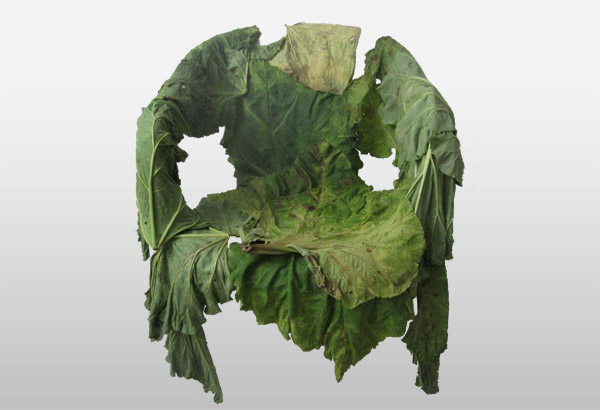In Circular City, urban gardening and rooftop agriculture play an imminent role to improve air quality, storm water management and utilise urban areas with social benefits. Urban gardens are more than just sophisticated backyard greeneries. They provide incentives for sustainable and neighbourhood-oriented urban development. They give people room to actively shape their environment. Experts see it as a laboratory for socially and ecologically sustainable forms of urban development. Urban food systems are usually the primary driving force behind a local economy, cycling wealth, creating a diversity of livelihoods and employment and maintaining the economic viability of the city and surrounding regions. Independent urban regions (either smaller towns or larger cities) require urban food systems that recycle nutrients and energy in a sustainable way if they are to thrive over an extended period of time.
Seoul for example has a very long history of urban agriculture. There were already a lot of kitchen gardens in Seoul during the Chosun Dynasty. Besides modern city dwellers cultivating pots of tomatoes, urban beekeeping also has a long tradition. On average, cities are 2 degrees warmer than rural areas. Warmth loving animals like bees therefore have more time to search for food, enabling a higher harvest for the urban beekeeper compared to rural beekeepers. Besides food and honey, urban agriculture offers great material opportunities as inspirational resources for products. Large strong leaves were used to create renewable based products. The chair symbolise synergies and opportunities of urban agriculture.
Fundamental School © copyright 2015
